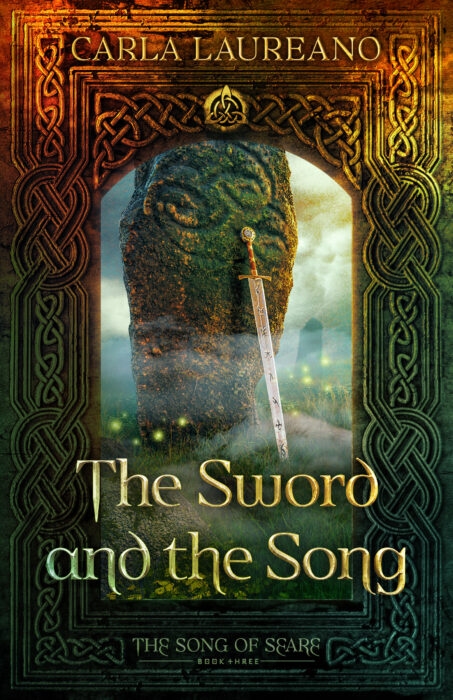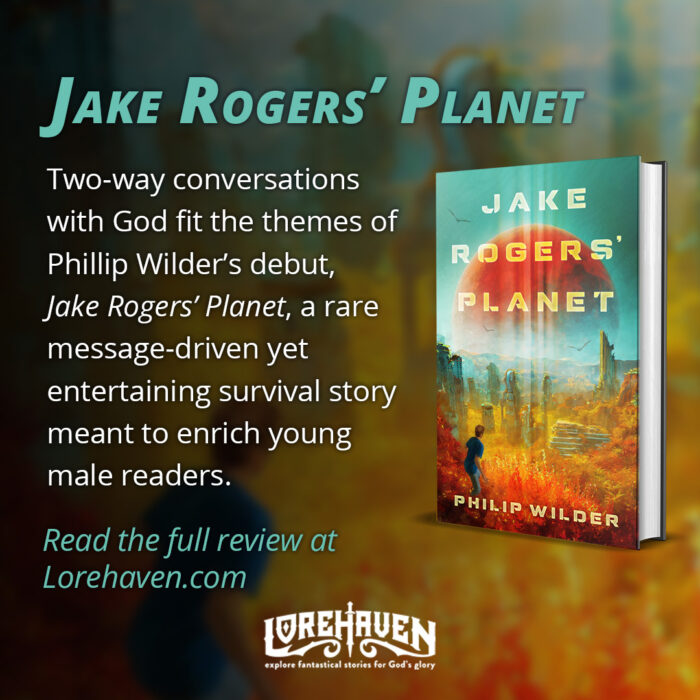
The Sword and the Song
Seare is at war. The Red Druid has continued to gain strength and power, and the people of Seare suffer beneath the ravages of the isle’s unbound spirits. The Fíréin are all that stand between the land and certain disaster. But there is strife within the Brotherhood as well: Eoghan still refuses to claim his rightful throne, leaving the responsibilities of rule to Conor and creating an uncomfortable distance between the sworn brothers.
When Conor leaves Ard Dhaimin to find the key to defeating the Red Druid, he delves into a world of shadows and danger which will bring him to the brink of madness and back. All the while Eoghan and Aine are left to pursue their own mission to defeat their adversary through her magical gifts.
But as the final battle looms ever closer, they realize that the cost of defeating the Red Druid may be greater than they’re willing to pay… and that nothing—and no one—is as it seems.
Book 3 of The Song of Seare series.































Have you read The Sword and the Song ? Share your own review.